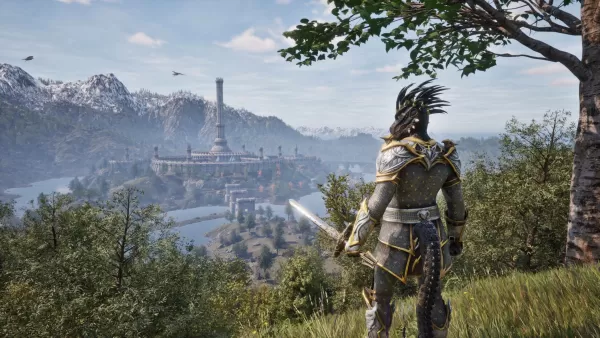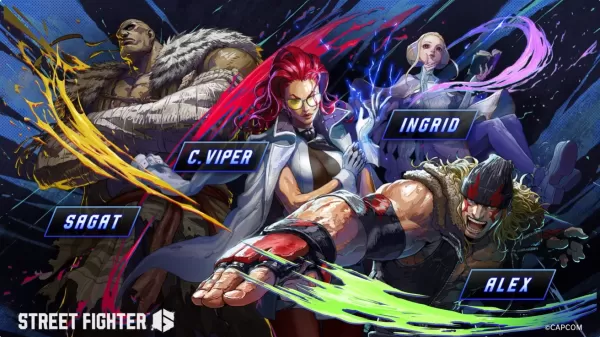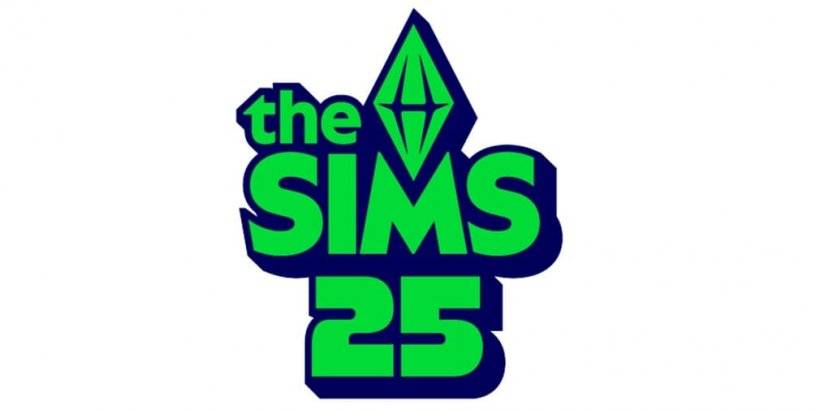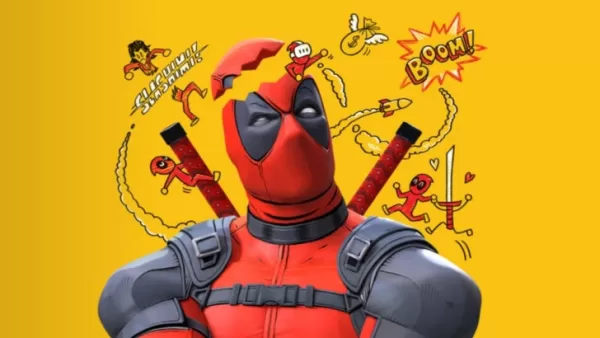by Allison May 14,2025
By Azura, by Azura, by Azura – the rumors were true. Yesterday, Bethesda set the internet ablaze by finally unveiling Virtuos’ remaster of The Elder Scrolls IV: Oblivion. This 'Elder Scrolls Direct' event ended with a surprise shadow-drop, instantly attracting hundreds of thousands of concurrent players. This moment of global excitement and celebration feels like a much-needed respite amidst the recent challenges faced by Bethesda Game Studios. From years of managing the fallout from Fallout 76's troubled launch to the lukewarm reception of their new sci-fi venture, Starfield, many fans have wondered: Has Bethesda lost its magic touch? With fierce competition from RPGs like Larian Studios’ Baldur’s Gate 3 and Obsidian’s The Outer Worlds, which have been celebrated as spiritual successors to Elder Scrolls and Fallout, Bethesda faces a tough road ahead. Yet, while Elder Scrolls 6 and Fallout 5 remain distant dreams, the re-release of Oblivion might just be the first step back to glory – though perhaps not in the way one might expect.
At its peak, Bethesda Game Studios was the undisputed titan of the RPG world. In 2020, leaked Microsoft FTC documents revealed that Fallout 4 had sold 25 million units, with over 5 million units sold in its first week alone, according to VGChartz. In 2023, Todd Howard announced that Skyrim had surpassed 60 million sales, though its numerous re-releases certainly played a part. In contrast, Starfield's estimated sales stand at just over three million units a year and a half post-launch. Even considering Game Pass subscribers and its absence from PlayStation, these figures must be a disappointment for Bethesda. The Starfield community, while dedicated, is smaller compared to the fanbases of The Elder Scrolls and Fallout, and even they have expressed dissatisfaction with the game's first expansion, Shattered Space.
This situation poses a significant challenge for Bethesda. With The Elder Scrolls 6 still "years away" and Fallout 5 merely a whisper in the studio's corridors, how can this once-iconic RPG developer rekindle its relationship with fans? The answer might just be found in its past.
Rumors of the Elder Scrolls IV: Oblivion remaster surfaced in September 2023, sparked by leaked Microsoft documents that hinted at unannounced Bethesda projects, including a remaster of the 2006 classic. Silence followed until January 2025, when a former Virtuos employee leaked more details, sparking debate among Elder Scrolls fans akin to the Stormcloaks vs. the Imperials. Last week, the floodgates opened early, igniting the internet – Google searches for 'The Elder Scrolls IV: Oblivion' soared to over 6.4 million, a 713% increase in the last week alone. At its peak, Bethesda's reveal livestream attracted over half a million viewers. Despite the leaks, or perhaps because of them, over 600,000 people tuned in to see a 19-year-old game reintroduced. The demand was so intense that it caused discount game key websites like CDKeys to crash, and slowed down Fanatical and Green Man Gaming. As of yesterday, Steam reported 125,000 concurrent players, with the game firmly at the top of the best-seller list. The enthusiasm for Oblivion burns as bright as the flames spilling from the Oblivion gates themselves.
The message from players is clear: if you (re)build it, they will come. What better way to keep fans engaged and invested during these long development cycles than to invite them back to the mysterious isles of Morrowind or the post-apocalyptic wastelands of the East Coast? From a commercial perspective, it's a smart move. While Bethesda's main development team works on new projects, trusted partners like Virtuos can use historic blueprints to create remasters in shorter time frames. These remasters appeal to built-in audiences and often serve as the first RPGs many gamers play in their respective generations. Reviving these classics also introduces a new generation to the intricate world of Tamriel or the ravaged landscapes of Las Vegas and D.C.
Bethesda has successfully leveraged its catalog before. During the first season of the Fallout TV show on Prime Video, Fallout 4 was discounted by up to 75%, accompanied by a timely next-gen update that included homages to the show. As a result, Fallout 4 sales surged by over 7,500% in Europe alone, despite the game being nearly a decade old.
 Oblivion Remastered offers a visit to the past that looks like the future. Image credit: Bethesda / Virtuos
Oblivion Remastered offers a visit to the past that looks like the future. Image credit: Bethesda / Virtuos
Looking back at Microsoft’s leaked Bethesda roadmap, many noted a planned Fallout 3 remaster set to follow Oblivion two years later. While the original timelines have shifted – Oblivion was initially slated for fiscal year 2022 – if these gaps hold true, a Fallout 3 remake could be on the horizon for 2026, conveniently aligning with the second season of the Fallout TV show. Given the synergy between the first season and Fallout 4’s aesthetics, could Bethesda be planning an even more strategic move with a New Vegas remake to coincide with the upcoming New Vegas-centric second season? After shadow-dropping Oblivion, it's not beyond the realm of possibility that a New Vegas Remastered trailer awaits at the end of Fallout Season 2's finale.
The message from players is clear: if you (re)build it, they will come. However, if there’s one game in Bethesda’s back catalog that truly deserves a remake, it’s The Elder Scrolls III: Morrowind. Many Elder Scrolls fans have long championed this cause, with some enthusiasts even remaking Morrowind using Skyrim’s tools, as seen in projects like Skyblivion. Yet, Morrowind poses unique challenges for remaking. It stands at the crossroads of Bethesda’s evolution – built differently from our modern understanding of an Elder Scrolls game. It’s only partially voiced, relies heavily on text for storytelling, lacks quest markers (forcing players to note down directions from NPCs), and has no combat physics. While Virtuos managed to update some of Oblivion's outdated systems, Morrowind itself is an intricate system. This is why it's both beloved and difficult to modernize. Remaking Morrowind is a delicate balancing act: too much modernization might strip away its original charm, while retaining too many old systems could leave players feeling like they’ve woken up with a terrible skooma hangover.
When a studio becomes synonymous with a gaming sub-genre, the challenge is to innovate while retaining its audience. Rockstar Games has kept Grand Theft Auto fans engaged for over a decade through the ever-evolving world of GTA Online, which helps fund the rumored massive budget for GTA 6. Bethesda’s forte lies in crafting detailed, expansive single-player worlds – Elder Scrolls Online and Fallout 76 just don’t capture the same magic. However, the overwhelming response to Virtuos’ Oblivion remaster shows that gamers are eager to revisit Bethesda's past glories. That said, not all remasters are guaranteed successes – the reception can vary, as seen with Rockstar’s own GTA Definitive Editions. Nevertheless, what better way for the former king of the modern RPG to regain its crown than by breathing new life into some cherished classics?
Girls Frontline 2: Exilium Global Website Goes Live, Along With Its Socials!
Marvel Rivals: Understanding Bussing and Catching It
New Game Plus in Assassin's Creed Shadows: Confirmed?
Top Skills to Prioritize for Yasuke in Assassin’s Creed Shadows
Pokemon GO Leak Teases New Adventure Effects
Assassin’s Creed Shadows Movements Reviewed by Two Parkour Athletes
Amazon Music Unlimited: Free 3-Month Trial Available
Death Stranding 2 Release Date Unveiled in Massive Trailer

Free Fire Update: Weapon Changes & New Features
Dec 31,2025

Nintendo Switch 2 Review: Is It Worth Buying?
Dec 31,2025

Capcom Reveals Street Fighter 6 Year 3 Roster
Dec 30,2025

The Sims 25th Anniversary: FreePlay Updates & Livestreams
Dec 30,2025

Silksong Team Responds to Deadpool VR Surprise
Dec 30,2025